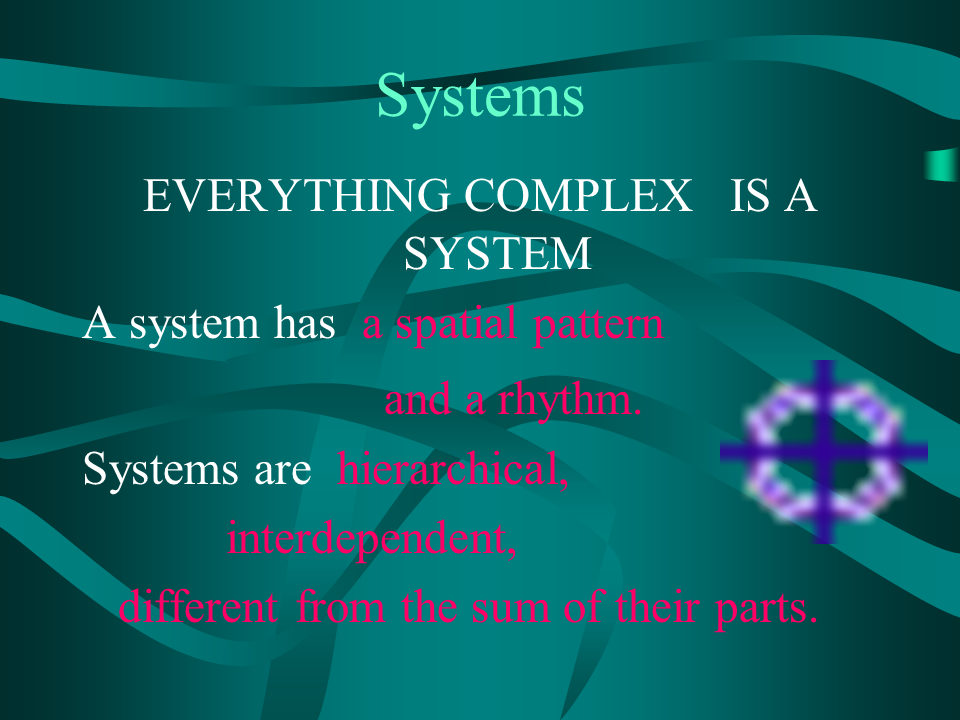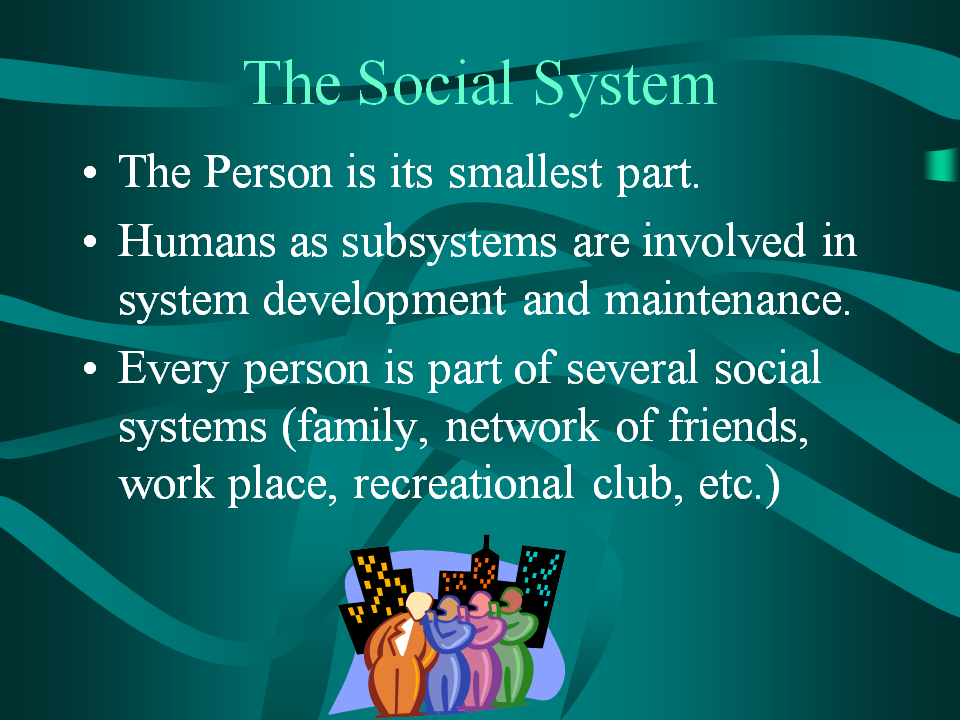Overview
The Framework of Systemic Organization is a conceptual approach to working with families, individuals, and other social systems (organizations, communities, etc.)
It is presently taught in family nursing programs and research courses in the United States as well as abroad. The framework has shown to be useful to researchers who explicate theoretical processes and apply them to various health care situations, cultures, and health problems, and develop situation-specific theories leading to clinical interventions. In Europe, the framework is becoming increasingly popular as a theoretical foundation for nursing practice in pediatrics, oncology, gerontology, hospice care, or midwifery in hospitals and community settings. As such, it is taught in nursing schools and academic institutions.
The Framework of Systemic Organization encompasses the grand theory level based on specific philosophical underpinnings that is then brought down to a less abstract and measurable mid-range level. Friedemann has expanded the commonly used nursing metaparadigm- environment-person-health-nursing to also include the concepts of family and of family health to guide the explanation of the systemic function of individuals, social and environmental systems and the interaction between them.

In addition to the expanded metaparadigm for nursing, the framework is based on open systems theory and social ecology.
Open systems theory leads to the understanding everything complex is a system and that everything existing is composed of interacting systems organized hierarchically from extremely small to the largest system, the universe. Living systems are open as they take in products (e.g. food) or energy from their environment and produce output such as work, physical exercise, or creative achievements). Each system has a rhythm and a spatial pattern and its own characteristics different from the sum of its subsystems. For example, the sum of a person's organs (subsystems) do not describe the nature of the person (system). Systems are interdependent, meaning that if a change happens in the system, the change will be felt in all of its interacting systems.

A social system is a system of which the smallest part is a person. Social systems, therefore, are groups of interacting people. In social systems, humans with their capacity to think, may play a part in the functioning of their social system.

Social ecology explains the interdependency of social systems and their environment. Social systems and their subsystems (humans) are influenced by the environment and in turn may effect changes in their environment.

 English
English  Español/Portugués
Español/Portugués  Deutsch
Deutsch 